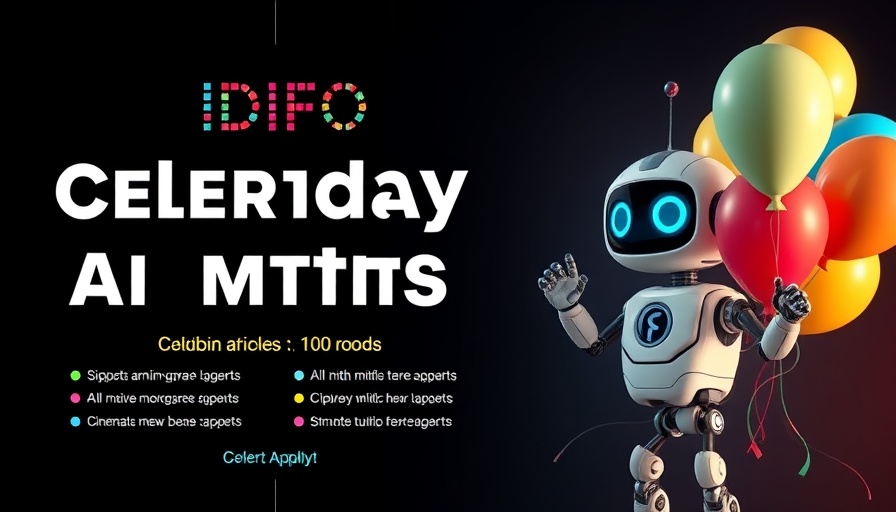
Unraveling Common Misconceptions About AI
Many business owners and students are embracing artificial intelligence (AI) as a transformative force in their industries. However, misconceptions about AI often lead to fears and misunderstandings that can hinder progress. For instance, some believe AI systems can fully replace human jobs, which overlooks the fact that AI is intended to complement human abilities, enhancing efficiency and creativity in workplaces. By learning the true capabilities and limitations of AI, we can utilize it as a powerful ally instead of viewing it as a threat.
In 6 AI myths, 10 AI systems you must learn and 10 AI trends, the discussion dives into the critical need for education and dispelling misconceptions surrounding AI.
Key AI Systems You Should Master
As AI continues to shape the landscape of business and education, mastering essential AI systems can set you apart. Key systems include machine learning algorithms like TensorFlow and PyTorch, which facilitate pattern recognition and predictive analytics. Additionally, understanding natural language processing (NLP) tools, such as OpenAI's ChatGPT, can revolutionize how we interact with technology. By becoming adept in these systems, entrepreneurs and students can leverage AI to drive innovation and create value in their fields.
Embracing Emerging Trends in AI
Staying ahead in a rapidly evolving technological world means recognizing emerging AI trends. One noteworthy trend is the rise of AI in personalized learning environments, which tailors educational content to individual student needs. Conversely, businesses are increasingly adopting AI for enhanced customer engagement through chatbots and personalized marketing strategies. By keeping an eye on these trends, business owners and students can position themselves to harness the full potential of AI and maintain a competitive edge.
Understanding the Ethical Implications of AI
As we integrate AI into our daily lives, ethical considerations become paramount. Questions about data privacy, algorithmic bias, and the implications of decision-making powered by AI systems demand our attention. For example, entrepreneurs must develop strategies to ensure that their AI tools promote fairness and transparency. Additionally, students learning about AI should be encouraged to think critically about its societal impacts. Ultimately, a responsible approach to AI will foster trust and ensure its benefits are distributed fairly across society.
Decisions You Can Make With This Information
For business owners and entrepreneurs, understanding these AI systems and trends can significantly influence strategic decision-making. Adopting AI tools designed for automation can free up resources and improve productivity. Students, on the other hand, benefit from exploring AI not just to gain technical expertise but also to become leaders in responsible innovation. Engaging with these insights can empower individuals to make informed choices about integrating AI into their projects, ultimately contributing to more effective and impactful outcomes.
In 6 AI myths, 10 AI systems you must learn and 10 AI trends, the discussion covers the critical need for education and dispelling misconceptions surrounding AI. This exploration propelled a deeper analysis into its implications for our audiences, urging them to stay informed and proactive in adapting to these evolving tools.
 Add Row
Add Row  Add
Add 




Write A Comment